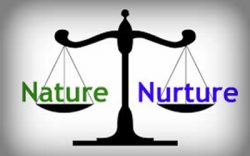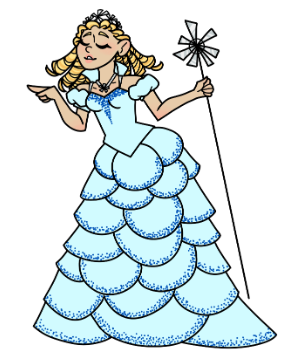Nature Vs Nurture

Nature Vs Nurture, two clashing ideas that have been debated for ages and will be for generations to come. The whole concept of the debate is whether or not someones personality and habits are inherited from the family gene pool. On the other side, it is debated that a personality is influenced by the environment it grows up in and in some cases consumed by it.
The theory debate was first credited to psychologist Sir Francis Galton. After the publishing of his book, Hereditary Genius in 1869, the argument was born. Although philosophers and scientists before Francis Galton had discussed one side of the theory, they had yet to discuss both sides from an argumentative standpoint. For example, during the Greek Classical Period, Plato favored nature, and disputed with Aristotle who favored nurture. Other important figures like John Locke also looked into the debate.
The nature side of the debate, is debated whether or not the characteristics of a person, like personality and habits are passed down through the family gene pool. Scientists continue to study aspects like aggression and intelligence and are trying to prove the nature theory and how a personality is embedded into someones DNA.
The Nature theory suggest that biological genes are predetermined by birth. Greek philosopher and mathematician Plato, believed that knowledge is also embedded within the mind. He also believed that in order for the mind to make sense of experiences, it must have a built in structure to learn from them. Thus disputing with Aristotle’s views and beliefs.
“We are what we repeatedly do. Excellence, then, is not an act, but a habit.” -Aristotle
On the other side of the argument, the nurture theory states that the personality and habits of a person are influenced by the environment around them. Aristotle, who contributed to the ideas behind western history, believed in and also contributed to the creation of the nurture theory. He eventually developed the idea of empiricism and that repetition brings excellence.
The idea behind empiricism, is that knowledge is obtained through the our senses like sight and sound. Empiricism once built upon led to the nurture theory. This created a clash with those who believed in the powers of reason and rationalism. From then philosophers and scientists built upon the theory until it became what we know it as today, Nature Vs. Nurture.

























